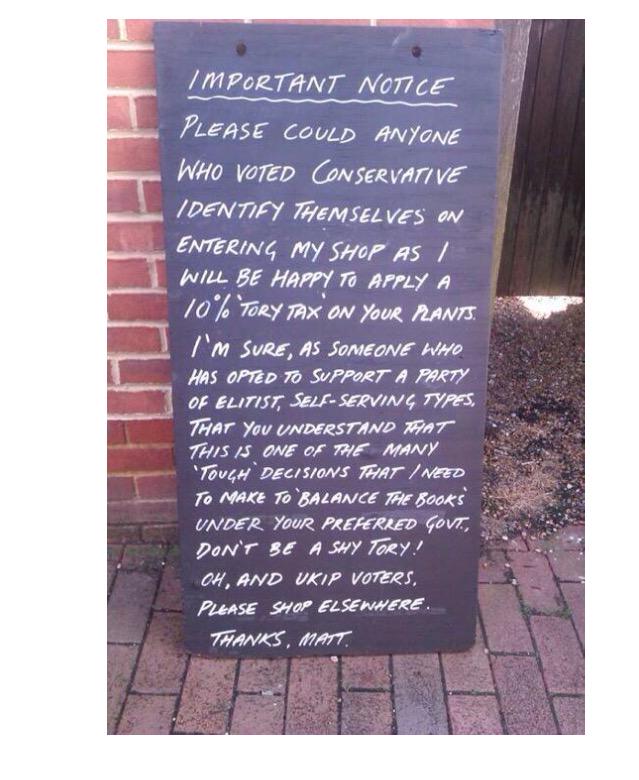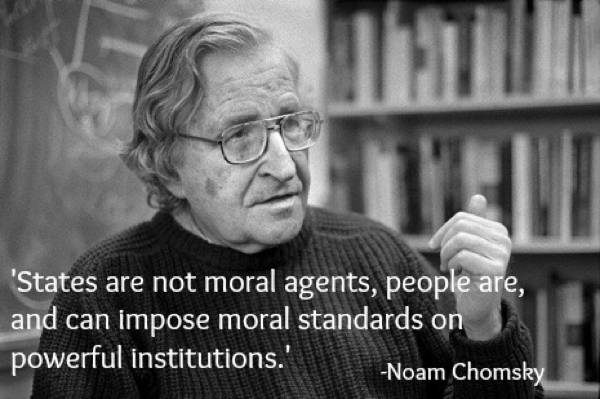The following question was posed to US Soldiers: "Soldiers who've fought in Afghanistan, what preconceptions did you have that turned out to be completely wrong?" The
responses were shocking, revealing, and incredibly insightful. Everyone should read this, there is a lot to learn here.
1. It is hard enough taking the life of an absolute enemy wearing a uniform. Now you need to kill someone who may or may not be a real enemy, or may be one part time, or may be one because some other asshole has a gun to his kid's head. It is a sad cluster-f*** of a mess.
- BoBoZoBo
2. They told us we were going to fight the Taliban. But it turns out, there is no way to know who is Taliban, or what Taliban is, or what they look like.
A guy will be bringing his kid to your clinic one day, then shooting at you the next. You'll make friends with a kid on an airdrop, then see that kid slit another kid's throat on patrol a week later. There is no "enemy" and no goal. The people don't even understand who you are or why you're there. Many of them believed we were invulnerable demons. One elder tested this theory by sending a small child to try and stab me in the back with a knife, which was made by welding a blade onto an old .50 cal casing. Kids dig up mines, bouncing betty's, and old russian munitions and set them off like firecrackers.
The place is a f***ed up maelstrom with no conceivable sense of morality, justice, benevolence, or community. Every single person is just trying to survive.
- NAPALM_SON
3. That they had any idea why we were there. We'd ask them if they knew what 9/11 was, and they had no idea. We'd show them pictures of the World Trade Center on fire after the planes hit, and ask them what it was...their response was usually that it was a picture of a building the US bombed in Kabul (their capitol).
Kind of mind blowing that they're being occupied by a foreign military force and have no idea why.
- Xatana
4. That Afghanistan was an actual country. It's only so on a map; the people (in some of the more rural places, at least) have no concept of Afghanistan.
We were in a village in northern Kandahar province, talking to some people who of course had no idea who we were or why we were there. This was in 2004; not only had they not heard about 9/11, they hadn't heard Americans had come over. Talking to them further, they hadn't heard about that one time the Russians were in Afghanistan either.
We then asked if they knew where the city of Kandahar was, which is a rather large and important city some 30 miles to the south. They'd heard of it, but no one had ever been there, and they didn't know when it was.
For them, there was no Afghanistan. The concept just didn't exist.
- gzoont
5. I heard of an Australian Special Forces patrol that went out into the mountains and came across an isolated Afghan village. They thought the newcomers were the Soviets. No idea that one war had ended and another one had started.
- lookseemo
6. About the fighting we did. I had in my mind that it would be these organized ambushes, against a somewhat organized force. It may have been like that for the push (Marjah), but once the initial defense was scattered, the fighting turned into some farmer getting paid a year's salary to go fire an AK47 at our patrol as we walked by. I mean, no wonder there was so much PTSD going around...it doesn't feel okay when you killed some farmer for trying to feed his kids, or save his family from torture that next night. It feels like shit actually.
- Xatana
7. Most afghans are polyglots. Many of the most rural, uneducated, near medieval living people could speak 3 or more different languages.
We were briefed that there were two languages spoken in Afghanistan: Pashto and Dari. In fact there are dozens of unique languages. Each isolated valley and village had their own language. Some sound very persian. Some sounded like archaic greek. There was a village in the north that sounded like a tone language. My team tried to record an many local languages as we could. We had terps ask questions in pashto and had them answer in their local language. Unfortunately cultural mapping was considered intelligence gathering and all our recordings were classified. So somewhere at the NSA there are recordings in soon to be dead languages asking a village Elder to share the oldest story they could remember about his village.
- llvihearsevil
8. I expected everything to be desert and mountains, but I spent as much time in orchards as I did anywhere else while I was there.
Also, a lot of the people didn't want us there any more than they wanted the Taliban there. Ultimately they just wanted to be left alone to live their lives.
- m_k88
9. That we would be fighting the Taliban. The majority of people we managed to detain had been coerced into shooting at us by the "Mujahideen" (which is made up of all sorts of people) who had kidnapped or threatened their family.
The most glaring example of this was when our FOB (Forward Operating Base) was attacked by a massive VBIED (truck bomb) that blew a hole in our wall. Suicide bombers ran into the FOB through the hole and blew themselves up in our bunkers. Every single one of them had their hands tied and remote detonation receivers (so they couldn't back out).
- ciclify
10. Soldiers tend to train for fighting at sub-500 metres. At least I always had. Not being able to see the enemy wasn't completely out of the norm for training, but they were usually within the effective range of our small arms.
Come to Afghanistan and we were getting fired at by invisible enemies on the side of mountains a kilometre + away. We hardly knew we were getting engaged, let alone went into contact drills.
- Tilting_Gambit
11. Their concept of food. In their culture if anyone had food they were to share it with everyone around them. This is even if you only have enough for one person to have a snack. It was almost as if they didn't believe food could be owned by a person. Some of the Afghans I worked with would be offended if I ate anything and didn't offer them some.
I guess also that I would actually be working with some Afghans. I didn't expect that to be a thing.
- turbulence4
12. That it was all arid desert. At one point in my deployment my team had to dig irrigation trenches because our tents were flooded past our ankles. At another point in my deployment I was trudging through what was essentially a jungle.
- Monster-_-
13. That everyone was going to be dirty and poor like in those "help a poor starving child" commercials. I remember being really suprised to see kids running around playing in dirt roads and everyone was clean. No dirt smudges on their face or anything.
Also there were these 2 little girls with the most unbelievably white dresses I have ever seen standing by the side of the road watching our convoy roll by. Very surreal.
- Maikudono
14. That it was really a war. It's just people sustaining other people, with a lot of nothing actually getting done. As someone who was a gunner for most of my tour, we mainly did transportation missions from Kabul to the eastern province. We never saw any action, and to this day I thank God for that. The fact that a lot of my time outside of convoys was spent either sleeping, eating, or gaming surprised me I suppose, but in the end, we're just there to provide presence, and not expected to actually accomplish anything.
The amount of awards given out back in Kabul for people simply hitting a high quota of maintenance repairs threw me off to. There were times when I was looked down upon for not working everyday in a shop and instead being on convoys. The worst part of it all was losing a friend to suicide after returning home safe. That was something I never expected to see happen and it still messes with me to this day.
- windwhiper
15. I was mortuary affairs in 2008 during my first deployment to Afghanistan and I really had no idea what I was getting myself into. I never had to fight, but I was constantly dealing with the remains of 18-22 year old soldiers that had been blown into pieces or burned alive due to HMEs and IEDs.
Seeing your fellow soldiers and countrymen brutally killed in such a way that is easy to see as cowardly turned me into a budding racist pretty quickly. I hated the Islamic religion and the people in Afghanistan and I had an opinion similar to the whole "just nuke em all" mentality.
But one day we were called to the hospital on base to remove a dead civilian local national (which we often did if they died in our hospital or on base) and it turned out to be a 3 year old little girl that was shot with AK-47 fire at a fairly close range. Her father followed us to the morgue as we had to get his permission to take her into our care because we were males and all that, and he didn't seem particularly bothered by his daughters violent murder imo.
It wasn't until we placed her into a hand-made casket and draped the Afghanistan flag onto it that his emotions came out. When we began to load the casket into the back of a truck to transport her off base, he lost it and collapsed onto the casket containing his little girl. We were holding her at the time so we nearly lost it, but were able to set her down as he gripped the flag and the casket and wailed louder than any wailing I would ever seen.
I don't know if you've ever seen a grown man truly cry as if he'd just lost everything, but it's surprising how much it affects you.
I realized in that moment how wrong I was about everything.
Doesn't this make you wonder about the merits of war?

















